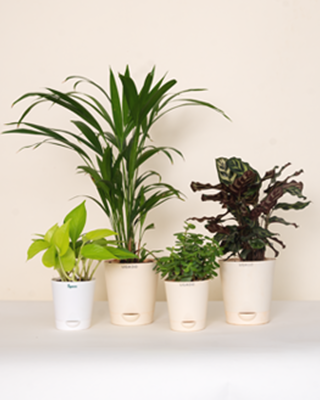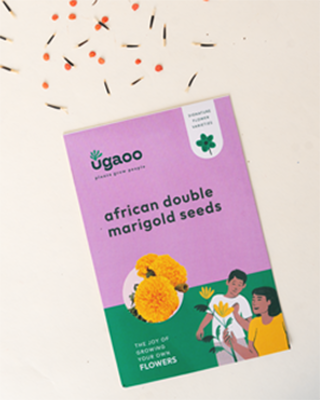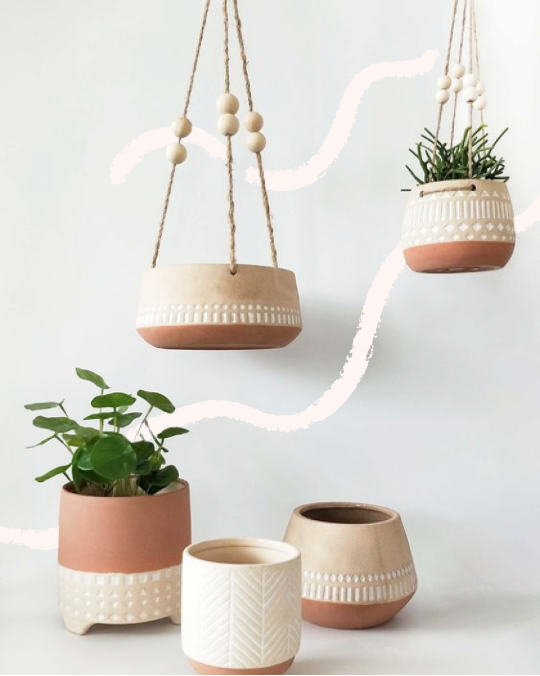Here are few tips to bring a remarkable change to your garden by using these easy to install topiaries. Different shapes of topiaries are mentioned below for your reference. Enjoy Gardening!
Plants suitable for creating topiaries:
The best shapes that topiaries get are from dense foliage. You can use seasonal foliage that changes colour as the plant grows. Autumn plants such as Japanese Maples are mainly used for container gardening, bonsai or sculpted plants. You can also use climbers and trailing plants to form large topiaries.

Use foliage to create sculptural shapes and structures. Since the 17th century, the art of clipping trees and shrubs into sculptural or geometric shapes is a common practice.
Plants get unique shapes such as square, rectangle, globe or cone through metal framed topiaries. Plants are clipped in topiaries and later pruned and shaped.
Apart from basic geometrical shapes, you can opt for structural shapes such as dog and elephant.
Here are three basic shapes that you can try in your garden:
1. Cone Topiary:
Cone shape is the most natural of all the traditional shapes. It is easy to prune and maintain. Established from the initial cut, the plant's natural growth makes the shape similar to the cone topiary.
Plants that are most successfully used for topiaries are slow-growing, small-leaved, evergreen shrubs which can be further shaped.
However, with shrubs may lose your patience as they take around three years to grow. In this case, you can shift to ivy plants which grow faster and cover the shapes.

2. Globe Topiary:
Circular shaped topiary is very commonly and popularly used in container gardening.
The foliage is perfectly shaped like a globe with the help of a globe frame. For good, solid growth, use quick to grow foliage that covers the entire ball and gives an eye-catchy appearance.
Once the foliage is matured enough, you can start pruning and give it a precise shape.

3. Spiral Topiary:
Let the foliage grow mature after which you can give it a spiral shape. You can grow it in a container pot.
Evergreen trees and shrubs will work well for creating such topiaries. The best way to get a natural look is to plant trees that have almost similar shapes.
For example, a pyramid-shaped tree can be utilised to get a triangular shape. While the spiral shape can be crafted by pruning and cutting the foliage.

When to clip your Topiary?
Trim the topiaries annually with topiary shears or hedge-cutters to keep specimen in shape. Faster growing species should be trimmed twice or more. Remove suckers and unwanted branches.
Can topiary be grown in containers?
Topiary can be grown in containers, but choose bigger and well weighted pots for the specimen.

Topiary frames:
If you are a beginner , opt for simple shapes such as balls; because simpler shapes can be trained by eye. Intricate shapes, on the other hand need frames. You can select from fairies and mushrooms to horses as a shape specimen. Place them over the plant in the early stages of growth and create the desired shape. Prune only when the plant starts to protrude through the frame.
The frames are made out of green or grey galvanised or plastic-coated wire. Some can be removed and reused though most can be just used once and form an integral part of the plant which is hid under the foliage. The frames are sold with a box plant that is ready to start.
Topiary Gardens to visit:
- Municipal Cemetery, Tulcán, Ecuador
- Levens Hall, Cumbria, England
- Church of San Rafael, Zarcero, Costa Rica
- Marqueyssac, Vézac, France
- Topiary Park, Columbus, Ohio
Below are a few breathtaking Topiary gardens:


(Images for Cone Shaped Topiary, Globe Shaped Topiary, Spiral Shaped Topiary have been outsourced from google)













